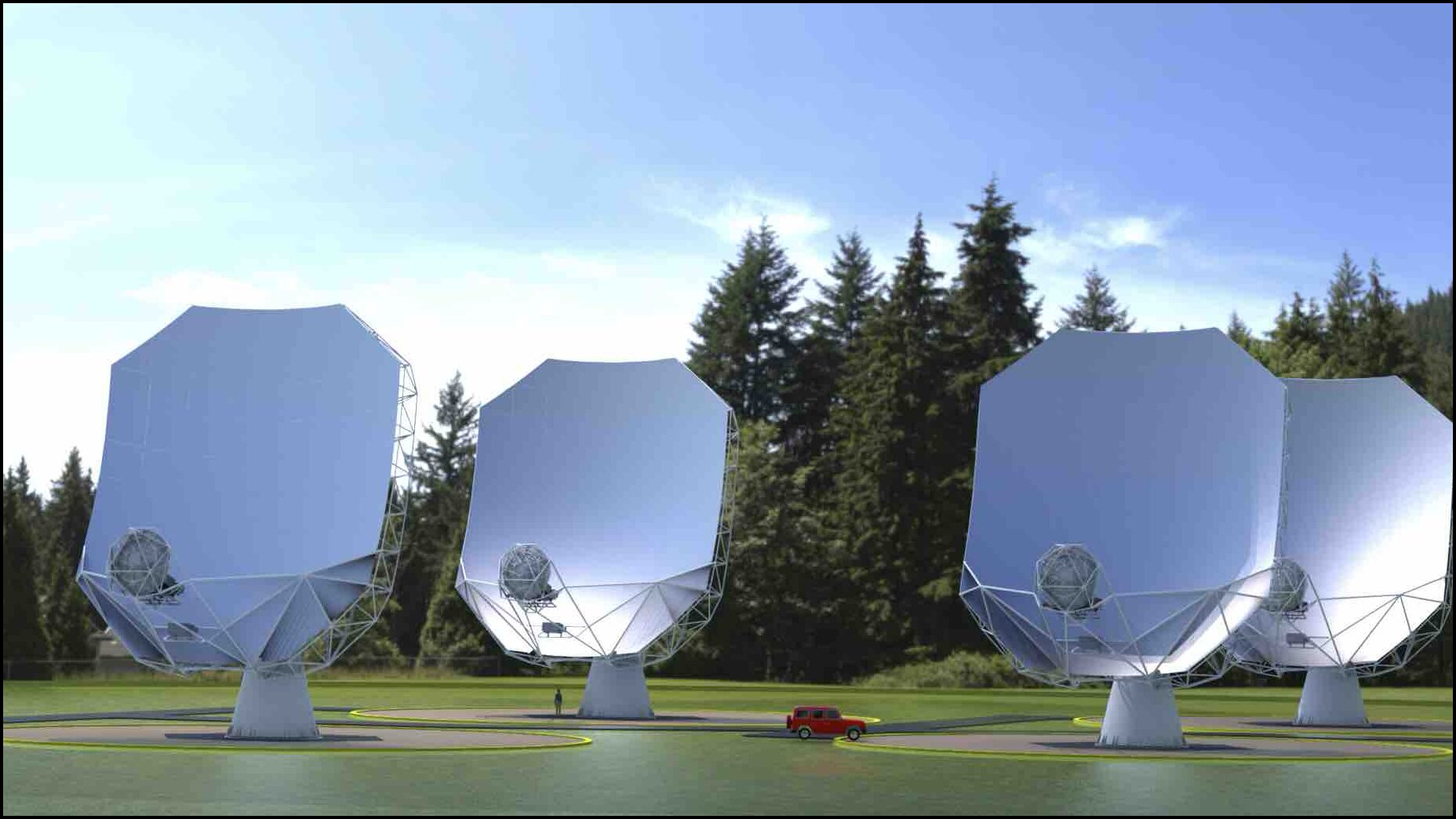Am Montag, den 24. Juni 2024, um 12:00 Uhr c.t., findet der nächste Termin unseres Physikalischen Kolloquiums statt.
Referent ist Prof. Dr. Matthias Kadler (Universität Würzburg) zum Thema „LEVERAGE – CONCEPT FOR A LONG-BASELINE EXTENSION IN NEXTGENERATION VLBI EXPERIMENTS AND RAPID-RESPONSE ARRAY“.
The next decades of radio astronomy will be dominated by large facilities of superior
sensitivity. Between 1GHz and 15GHz, strong synergies can be developed between the
next-generation Very Large Array (ngVLA) and the Square Kilometre Array (SKA),
specifically the SKA-mid. Towards higher frequencies, the ngVLA will be able to coobserve
with other frontline facilities including the EVN (at 1-43 GHz), and the GMVA
(at 43-86 GHz). In this talk, I will discuss the possibility of enhancing these synergies
with an array of radio antennas in Germany to be operated as a stand-alone facility, as
well as a complement to the ngVLA, SKA-mid, EVN, and GMVA in VLBI and studies of
transients. LEVERAGE is a concept for an array of two to four radio-antenna stations
operating in the mid-to-high frequency range (up to 120GHz) with baselines between
500km and 1000km, which will significantly enhance the science capabilities of both the
SKA and ngVLA in terms of submilliarcsecond-scale image reconstruction and flexibility
in reacting to short transient events. Moreover, the LEVERAGE concept offers high
efficiency as a stand-alone instrument and can be optimized to localize and follow-up
radio transients with a faster reaction time than the larger next-generation facilities. The facility may support special
modes that are difficult to realize on the full large next-generation facilities
or are going beyond their scope such as long uninterrupted integrations, high-cadence observations, longterm monitoring or broader simultaneous frequency coverage.
Abstract des Vortrags von Prof. Dr. Kadler.
Die Einführung erfolgt durch Prof. Dr. Dominik Bomans.
Die Fakultät lädt alle Interessierten herzlich ein. Die Veranstaltung findet im Hörsaal HNB statt. Vor dem Kolloquium bieten wir Ihnen Kaffee und Kekse an.
Alle Termine des Physikalischen Kolloquiums finden Sie hier.


